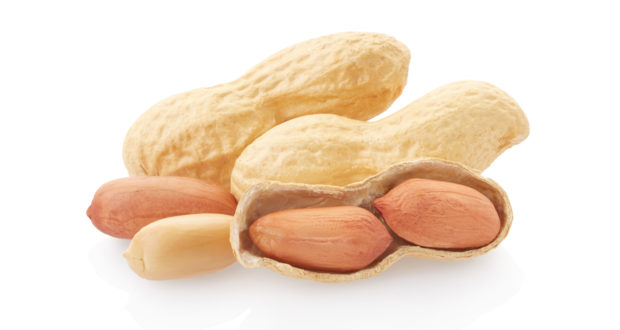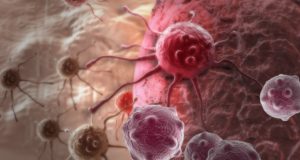It’s a well know fact that peanuts are a fairly popular snack. Unfortunately, peanuts also trigger allergic reactions in a large number of people. The good news is that a cure for peanut allergies might be available in the not-too-distant future.
This potential breakthrough comes courtesy of Australia’s Murdoch Childrens Research Institute, which has conducted a study on this matter with a group of 48 children. Of this group, some received an immunotherapy treatment to alleviate their peanut allergy; in
contrast, the remaining subjects were assigned a placebo treatment.
The immunotherapy treatment consisted of two main ingredients – a probiotic called Lactobacillus rhamnosus, and a peanut protein. Children in this group consumed a large quantity of Lactobacillus rhamnosus throughout the study, while their consumption of the peanut protein steadily increased over time.
The results from the researchers were quite impressive; after a mere 18 months, more than four-fifths (82 percent) of those receiving the probiotic/protein treatment could freely eat peanuts. Even four years later, 80 percent of these children could eat peanuts without suffering allergic reactions.
More Work To Do
Though encouraging, this new treatment method still needs to be confirmed by larger, clinical studies. Still, lead researcher Mimi Tang was highly optimistic about the long-term implications of her team’s work. “The way I see it is that we had children who came into the study allergic to peanuts, having to avoid peanuts in their diet, being very vigilant around that, carrying a lot of anxiety with that and, at the end of treatment and even four years later, many of these children who had benefited from our probiotic peanut therapy could now live like a child who didn’t have peanut allergy,” stated Tang. “This is a major step forward in identifying an effective treatment to address the food allergy problem in western societies.”
 Natural Knowledge 24/7 Educate yourself with nutrition, health and fitness knowledge.
Natural Knowledge 24/7 Educate yourself with nutrition, health and fitness knowledge.






